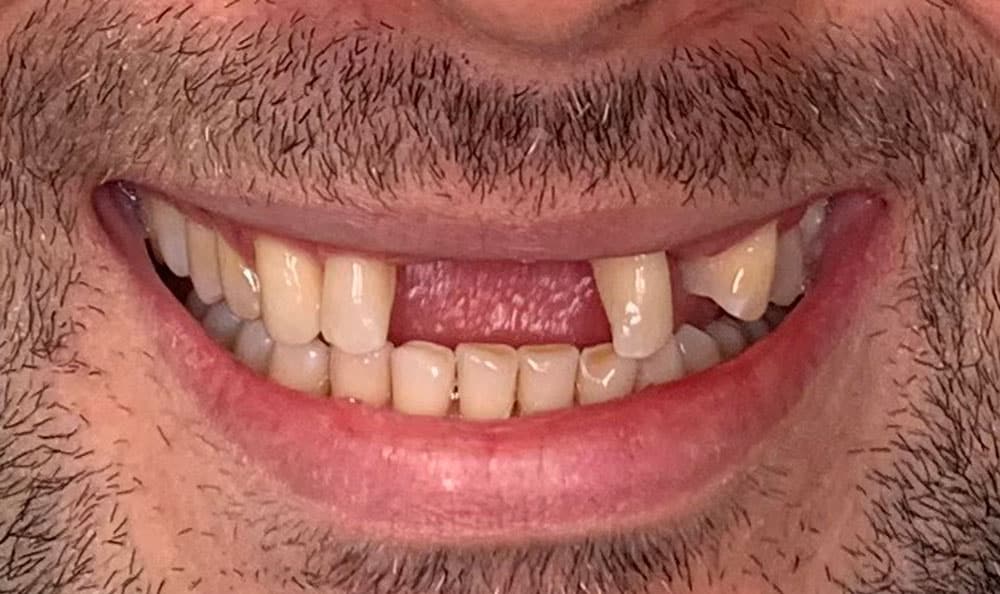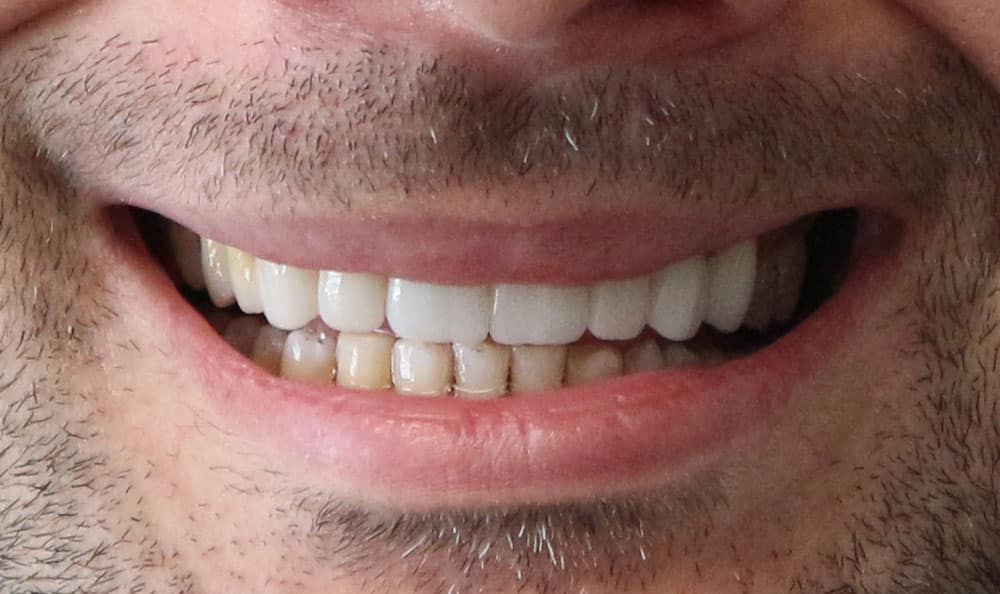What Is The Dental Crown Procedure And When Is It Necessary?
A bright, confident smile can work wonders, but dental issues can sometimes hinder that. Dental crowns have emerged as a versatile solution for various dental problems, restoring both function and aesthetics. In this article, we delve into the dental crown procedure, its applications, and when it becomes a necessary treatment option. Whether you're looking to enhance your smile or searching for dental implants near you, understanding the dental crown process is essential for making informed decisions about your oral health.
Understanding Dental Crowns
Dental crowns, also known as caps, are prosthetic devices designed to encase a damaged or decayed tooth, restoring its shape, size, strength, and appearance. Made from various materials, such as porcelain, metal, or a combination of both, dental crowns provide a durable and natural-looking solution for dental problems. Dentists recommend dental crowns for several reasons, including:
Tooth Decay: When a tooth is extensively decayed, a dental crown helps preserve the remaining healthy structure and prevents further deterioration.
Fractured or Cracked Teeth: Dental crowns provide reinforcement to fractured or cracked teeth, preventing them from breaking further.
Large Fillings: Teeth with large fillings can become weak over time, making them susceptible to damage. Dental crowns strengthen and protect such teeth.
Root Canal Treatment: After a root canal procedure, a dental crown is often placed to protect the treated tooth and restore its functionality.

The Dental Crown Procedure
The dental crown procedure typically involves multiple steps and is performed by a skilled dentist. Here's a breakdown of the process:
Examination and Treatment Planning: The dentist begins by conducting a thorough examination of the affected tooth, assessing its condition and determining if a dental crown is the appropriate treatment. X-rays may be taken to evaluate the tooth's root and surrounding bone.
Tooth Preparation: Before placing the crown, the tooth needs to be prepared. The dentist removes any decayed or damaged portions and reshapes the tooth to ensure a proper fit for the crown.
Impressions: Impressions of the prepared tooth are taken, either using traditional putty or advanced digital scanning technology. These impressions serve as a model for creating the custom dental crown.
Temporary Crown Placement: While the permanent crown is being fabricated in a dental laboratory, a temporary crown is placed over the prepared tooth to protect it.
Crown Fabrication: Skilled dental technicians use the impressions to fabricate the permanent crown, ensuring it matches the color, size, and shape of the natural teeth for a seamless blend.
Permanent Crown Placement: Once the permanent crown is ready, the dentist removes the temporary crown and places the permanent one using dental cement, ensuring a secure and long-lasting fit.

When Is A Dental Crown Necessary?
Dental crowns become necessary in various situations, including
Severe Tooth Decay: When a tooth is significantly decayed and cannot support a filling, a dental crown is the preferred treatment option.
Tooth Fractures: Teeth that are fractured due to trauma or wear and tear benefit from the reinforcement provided by dental crowns.
Root Canal Treatment: After a root canal procedure, a dental crown is placed to protect the treated tooth from further damage.
Cosmetic Purposes: Dental crowns can be used for cosmetic enhancements, such as covering discolored, misshapen, or severely stained teeth, resulting in an improved smile.
Conclusion
In conclusion, the dental crown procedure serves as a versatile and effective treatment option for a wide range of dental issues. Whether it's for restoring tooth functionality or enhancing the appearance of your smile, dental crowns play a crucial role in preserving oral health. If you're experiencing dental problems or searching for "dental implants near me," consult a qualified dentist to discuss whether a dental crown is the right solution for your unique case. By understanding the dental crown process and its necessity, you can take the first step towards achieving a healthy and confident smile that lasts a lifetime.
Comments
Post a Comment